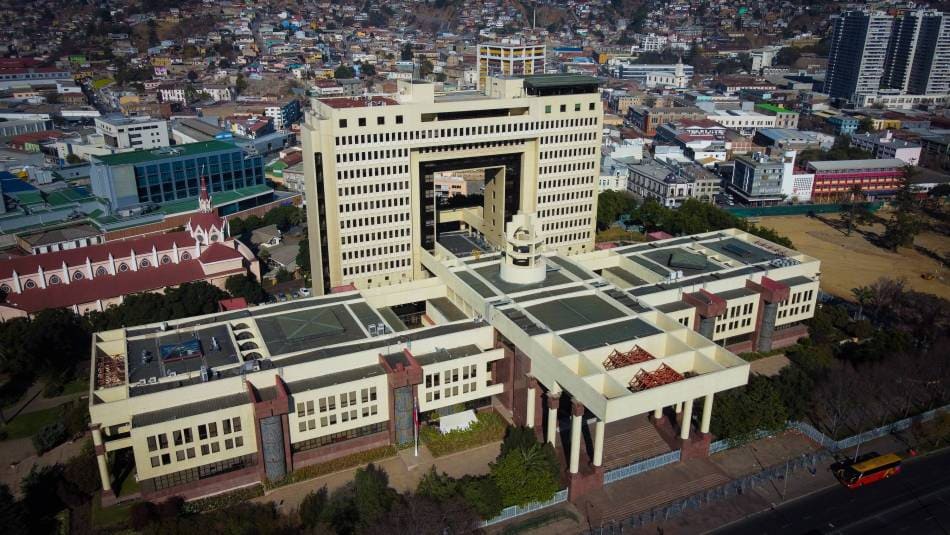On Tuesday, September 24th, the Senate approved the bill on Tax Compliance, sending it back to the Chamber of Deputies for ratification of the modifications made. On September 25th, the Chamber of Deputies ratified all the changes, leaving it ready to be enacted.
Among the main modifications:
- General Anti-Avoidance Standard (NGA): Its application was maintained in court, and must be declared by the Tax and Customs Courts, upon request of the Director of the SII (Chilean IRS), following the recommendation of the Executive Committee. In addition, the limitation period is extended to six years.
- Relationship rules: The application hypotheses are expanded, including second-degree blood relatives. Thus, with respect to the recognition of income generated by foreign entities and the control hypothesis, parents and children and, in some cases, siblings will be presumed to be related, to the extent that certain assumptions are met.
- SII new governance: An Executive Committee of the SII is created and composed by the Director of the SII and the deputy directors of Inspection, Legal and Regulatory. This committee will be responsible for decisions on the application of the NGA, condonations and the filing of complaints, among others.
Likewise, a Tax Council is established and will be composed by advisors appointed by the Minister of Finance, based on proposals from the Council of Senior Public Management. The Tax Council will have the function of issuing opinions on the SII Circulars and the Tax Compliance management plan. In addition, it is stipulated that both the Director and the deputy directors will be selected through the Senior Public Management process.
- Business reorganizations and appraisal power: The requirements under which the SII will not be able to exercise the appraisal power in certain types of business reorganizations are specified.
In cases such as conversions to an individual entrepreneur or contributions of assets within the national territory, these must obey legitimate business reasons. On the other hand, in the case of mergers or divisions and similar operations, the tax cost of the assets must be maintained, and effective cash flows must not be generated. Finally, in the case of reorganizations in preferential tax jurisdictions, the SII will always have the power to assess.
- Repatriation of capital: A transitional and extraordinary regime for declaring assets and income abroad is once again established with a rate of 12%. Its validity is limited and can benefit from it until November 30th, 2024.
The following modifications to the original bill were deleted from the final text sent by Congress:
- Application of the NGA: The original bill contemplated its administrative application and the creation of a Consultative Advisory Council in charge of its implementation.
- Modifications to article 27 bis of the Sales and Services Tax Law: A maximum period of 15 years had been proposed for the restitution of the amount recovered in advance, but this provision was eliminated in the Senate. However, the Treasury has expressed its intention to include this modification in a future income tax reform project.
- Changes to the Inheritance and Gift Tax Law: It had been proposed to tax revocable gifts and replace the residual asset valuation rule. In the Senate, all modifications to this law were discarded and, as in the previous case, the Treasury intends to replace the modification in another project.
- Related people: The original project considered parents and children, siblings and even relatives by affinity up to the second degree, without other additional requirements.
